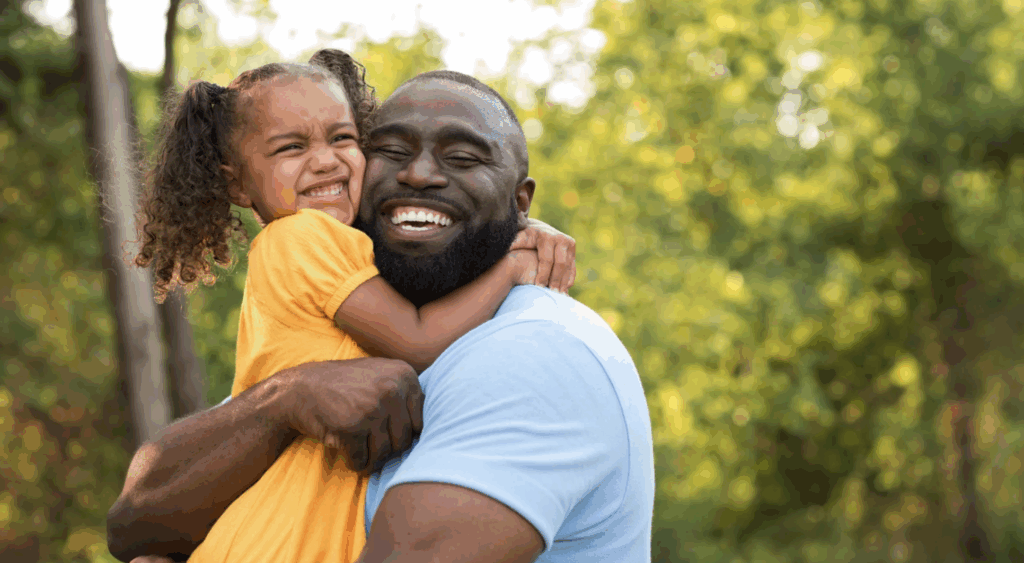
Adoption in Texas offers the chance to build or expand a family while giving a child a permanent, loving home. Whether you’re single, married, young, or older, Texas law provides opportunities for many people to adopt—provided you meet certain eligibility requirements.
If you’ve ever wondered, “Who can adopt in Texas?”, here’s what you need to know about who qualifies and what’s required.
BASIC REQUIREMENTS TO ADOPT IN TEXAS
According to the Texas Department of Family and Protective Services (DFPS), you must meet the following minimum requirements to adopt:
- Be at least 21 years old
- Be financially stable and able to provide for the child’s needs
- Pass a criminal background check and child abuse registry check for all adults in the household
- Provide personal references
- Complete a home study conducted by a licensed social worker
- Complete required adoption training if adopting through DFPS
These requirements apply to nearly all types of adoption in Texas.
WHO IS ELIGIBLE TO ADOPT?
1. Single Adults
You do not have to be married to adopt in Texas. Single adults can adopt if they meet the age, background, and financial stability requirements.
2. Married Couples
Married couples can adopt jointly, and both spouses must participate in the home study and provide background checks.
3. Same-Sex Couples
Texas law allows same-sex married couples to adopt jointly. Since the 2015 Supreme Court decision (Obergefell v. Hodges), LGBTQ+ couples have equal legal rights to adopt in Texas.
4. Stepparents
If you are married to a child’s biological or legal parent, you can adopt your stepchild through a stepparent adoption. This requires terminating the other parent’s rights (voluntarily or by court order).
5. Relatives (Kinship Adoption)
Grandparents, aunts, uncles, or siblings may adopt related children through kinship adoption, which is often simpler and less expensive than traditional adoption.
6. Adults Adopting Adults
Texas allows adult adoptions, where one adult legally adopts another—often for inheritance, legal recognition, or family unification purposes.
WHO CANNOT ADOPT IN TEXAS?
Texas law may prohibit adoption if:
- The prospective parent fails the background check due to serious criminal offenses (e.g., child abuse, family violence, sexual assault).
- The home environment is found unsafe or unstable during the home study.
- The person cannot financially support the child’s basic needs.
Each case is reviewed individually by DFPS or the court, and disqualifying factors depend on the severity of the issue.
TYPES OF ADOPTION AVAILABLE IN TEXAS
- Foster Care Adoption – Adopting through the Texas foster care system.
- Private Infant Adoption – Working with an agency or attorney to adopt a newborn.
- Kinship or Stepparent Adoption – Adopting relatives or stepchildren.
- International Adoption – Adopting from another country.
- Adult Adoption – One adult legally adopts another.
Each type of adoption has its own process and timeline, but eligibility standards remain largely the same.
FREQUENTLY ASKED QUESTIONS
Do I need to own a home to adopt in Texas?
No. You can rent or own your home, as long as it’s safe, stable, and has adequate space for a child.
Can LGBTQ+ individuals adopt?
Yes. Texas law does not prohibit LGBTQ+ individuals or married same-sex couples from adopting.
Can older adults adopt?
Yes. There is no maximum age limit, but you must demonstrate the ability to meet the child’s needs.
Can a person with a criminal record adopt?
It depends. Minor offenses may not disqualify you, but convictions related to violence, abuse, or neglect usually do.
FINAL THOUGHTS
So, who can adopt in Texas? Almost anyone who meets the state’s requirements—age, stability, background checks, and readiness to parent—can adopt. Whether you are single, married, LGBTQ+, or a relative of the child, Texas law offers many ways to create a loving and permanent family.
Bryan Fagan is a Texas family law attorney with a heart for adoption—inspired not just by his legal career, but by his own family story. Growing up in Atascocita with two adopted brothers, Bryan learned early the profound meaning of chosen family. His passion for justice was sparked by John Grisham’s The Pelican Brief, and he became the first lawyer in his family, balancing night classes at South Texas College of Law while caring for his grandmother with Alzheimer’s.
Today, Bryan brings that same dedication to his practice, guiding families through adoptions, custody disputes, divorces, and complex marital agreements. A certified member of the College of the State Bar of Texas, he combines elite legal expertise with genuine empathy—drawing from his roles as a husband, father of three, and advocate for families facing false CPS allegations.
Based in Houston, Bryan is actively involved in the Houston Bar Association’s Family Law Sector and statewide family law organizations. Whether finalizing an adoption or protecting parental rights, he believes the law should reflect the deepest values of home, commitment, and love.

